- Home
- /
- Venture Capital
- /
- Tata Motors + IVECO Deal…
Introduction: A Bold Move Amidst an Electric Revolution
While most global automakers are obsessively pouring billions into electric and hybrid innovations, Tata Motors is charting a different, bolder course. Instead of just building new tech, it’s acquiring strategic assets that offer infrastructure, reach, and compliance, everything required to play big on the global stage.
And the latest chapter in this playbook? A high-stakes acquisition of a major European commercial vehicle manufacturer: IVECO Group.
This isn’t just another headline-making deal. It’s a calculated move to redefine India’s position in the global commercial vehicle (CV) value chain.
What Exactly Did Tata Motors Acquire?
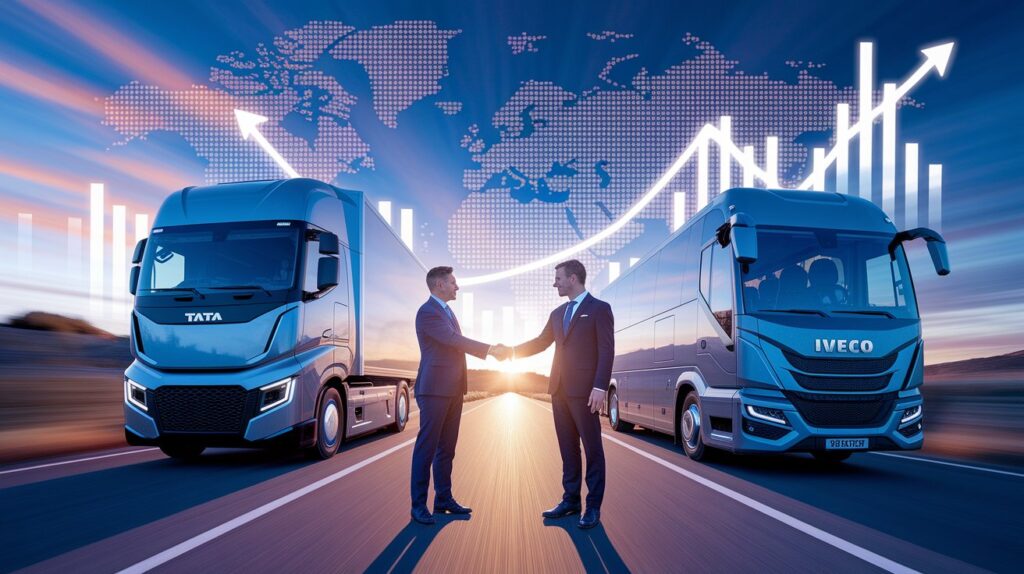
In July 2025, Tata Motors announced the acquisition of a 27.1% stake in IVECO Group NV from Exor NV, the powerful investment arm of Italy’s Agnelli family, which also owns Ferrari, Juventus FC, and was the largest shareholder of IVECO.
This 27.1% equity stake represents 27.6% of IVECO’s total common shares, but more significantly, it offers 43.1% voting power. Tata has also signaled plans to acquire further stakes from other shareholders, with the goal of achieving 100% ownership by June 2026, pending regulatory approvals.
However, it’s worth noting that IVECO’s defense business is excluded from this transaction.
Who is IVECO? A Legacy Born in Turin
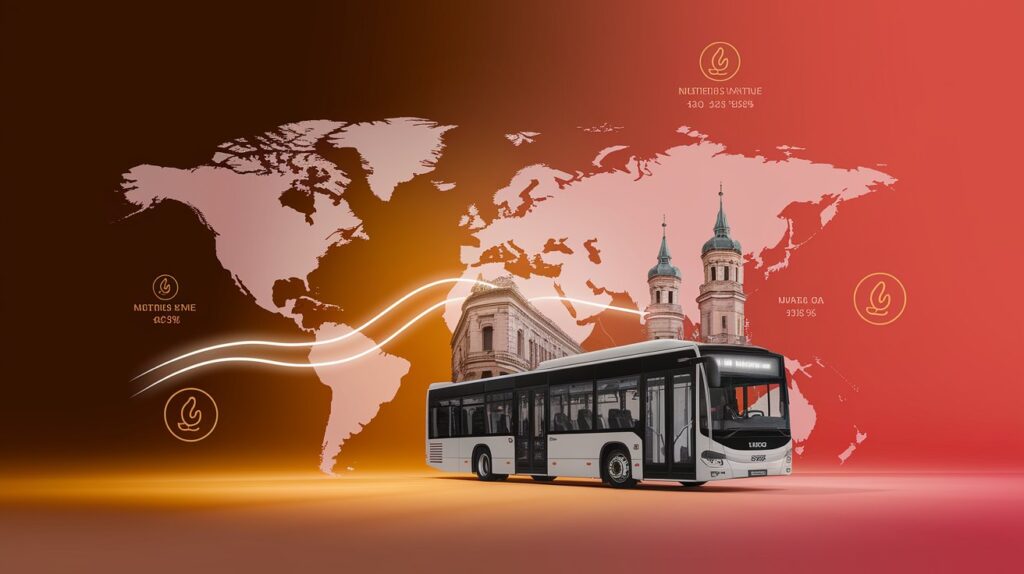
To understand the magnitude of this acquisition, we must understand IVECO’s legacy.
IVECO, an acronym for Industrial Vehicles Corporation, was established in 1975 when Fiat merged five major European commercial vehicle brands: OM (Italy), Magirus-Deutz (Germany), UNIC (France), and others. Headquartered in Turin, Italy, it rapidly expanded through a series of strategic acquisitions.
Some of its key milestones include:
- 1986: Acquired ASTRA, a heavy-duty mining and construction truck manufacturer.
- 1990: Bought Pegaso, a Spanish brand specializing in military vehicles and diesel engines.
- 2011: Fiat split off its industrial vehicle business, which became CNH Industrial NV in 2013 after a merger with CNH Global.
- 2022: IVECO was spun off as a publicly traded, independent company, listed on the Euronext Amsterdam Stock Exchange.
IVECO’s Product Portfolio & Capabilities
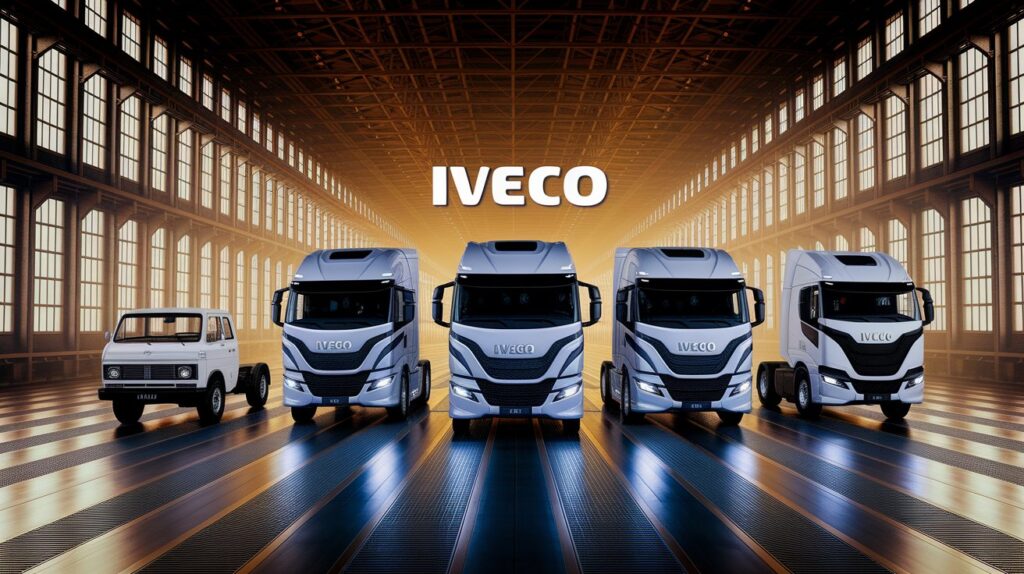
IVECO is no ordinary truck company. It boasts a diverse and advanced portfolio that includes:
- Light vans to heavy-duty trucks
- Fire engines and mining trucks
- Diesel, electric, hydrogen, and LPG-powered buses
- A proprietary powertrain division, FPT Industrial, which builds engines and transmissions for IVECO and other OEMs
A Global Footprint That Tata Needs
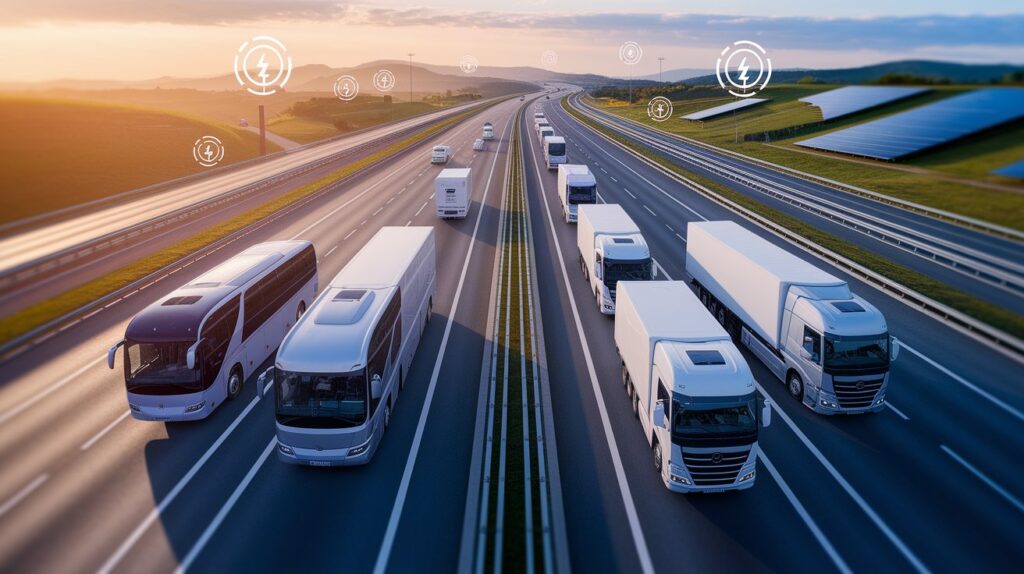
As of 2024, IVECO had:
- 27 manufacturing facilities
- 31 R&D centers
- Operations in 160+ countries
In terms of regional revenue:
- 75.1% from Europe
- 11.1% from South America
- 1.9% from North America
- 11.9% from Asia, Africa, and Oceania
In Europe, IVECO is a dominant player, particularly in the bus segment:
- 50.1% market share in intercity buses
- 19.2% share in urban buses, including electric
- 65% of all natural gas-powered bus registrations carry the IVECO badge
This makes IVECO not just a manufacturer, but a market leader in clean fuel adoption.
Tata’s Strategic Intent: Beyond the Obvious
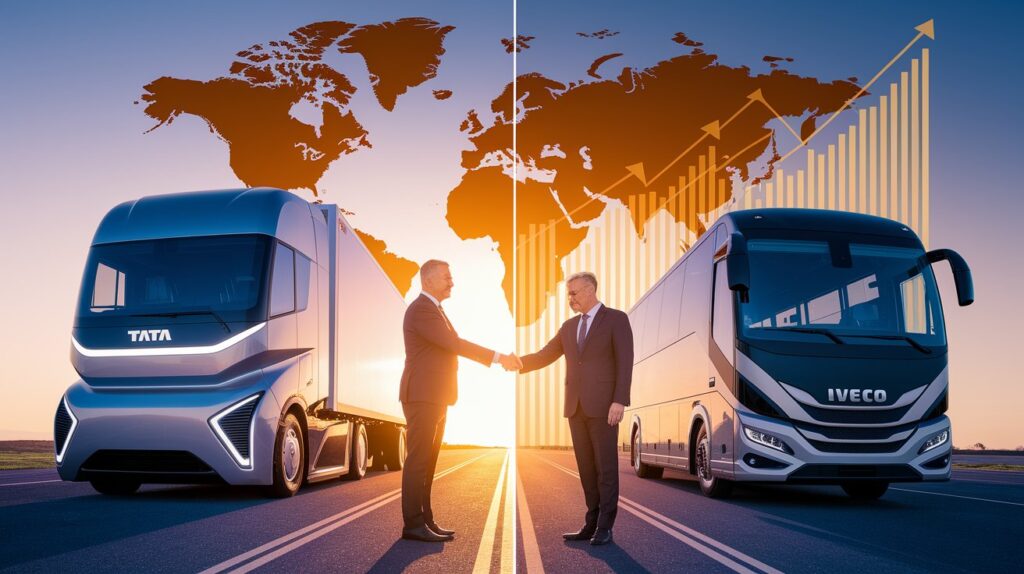
Why would Tata Motors spend billions on IVECO when it already has growing EV capabilities?
Because entering mature markets like Europe and Latin America requires more than tech, it demands:
- Deep regulatory expertise
- Tested, certified platforms
- Brand trust
- Distribution and service networks
- Localized R&D
IVECO provides all of this in one shot.
Tata’s current global commercial vehicle footprint is limited outside India, particularly in Europe and Latin America, the 4th and 5th largest CV markets in the world. With IVECO, Tata gains instant access to:
- Euro-compliant diesel technologies
- EV, hydrogen fuel cell, and LPG platforms
- R&D centers and manufacturing bases
- A fully operational distribution ecosystem
The Finance & M&A Perspective
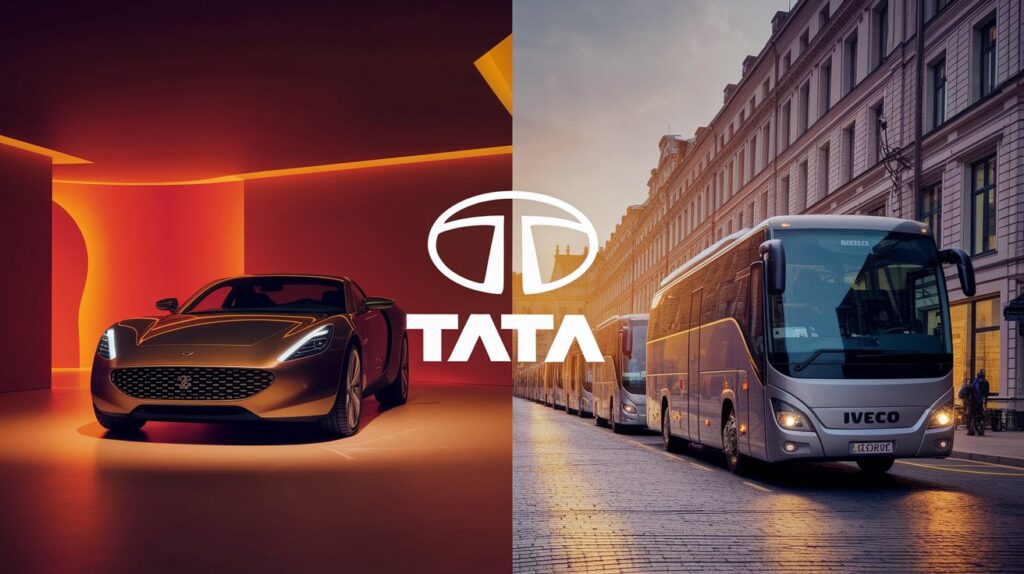
From an M&A and venture capital lens, this move is textbook strategic expansion:
- Horizontal Acquisition: Adds breadth to Tata’s CV portfolio
- Technology Buy-In: Gains certified platforms and advanced propulsion systems
- Market Access: Taps into revenue streams from 160+ countries
- IP Acquisition: Leverages FPT Industrial’s powertrain IP
This follows Tata’s history of smart, risk-weighted acquisitions:
- Jaguar Land Rover (JLR) in 2008 positioned Tata in the luxury segment
- Fix’s diesel engine IP acquisition strengthened the engine’s vertical
- Now IVECO opens global CV markets
The India Advantage: Why This Deal is a Game-Changer
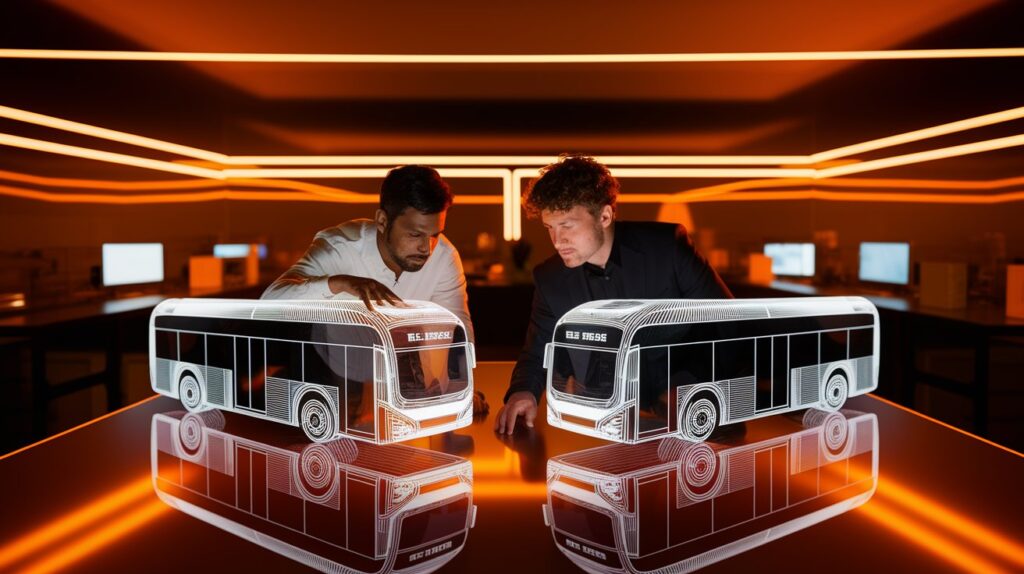
For India, the implications are profound.
Through this deal, Tata Motors can introduce world-class, compliant, and sustainable transport solutions, such as:
- European-grade electric buses tailored to Indian conditions
- Hydrogen fuel cell buses for urban transit and metro feeder routes
- LPG buses and fire engines built to Euro standards
- Luxury intercity coaches and modular LCVs
This could dramatically upgrade public transport, particularly for State Transport Units, private fleet operators, and B2G tenders. It could also align with India’s clean energy goals under Make in India and FAME schemes.
Most importantly, it elevates the competitive bar. Players like Ashok Leyland, Eicher, and Mahindra now face an Indian rival with:
- Global platforms
- Euro-standard safety systems
- Next-gen propulsion tech
It’s Not Just a Deal. It’s a Cultural Transformation.
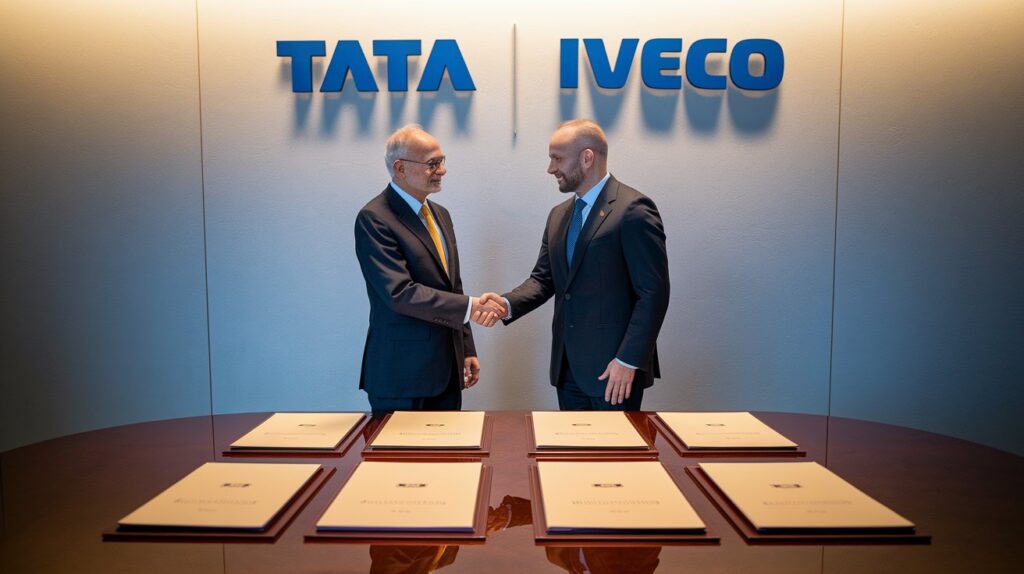
This deal goes beyond financials or product lines. It’s a symbol of India’s rise in the global value chain.
An Indian brand born in post-colonial constraints is now poised to compete and collaborate with Europe’s best on their turf. That’s historic.
And if Tata Motors manages to integrate IVECO efficiently, we may witness an Indian company not just expanding globally but setting new global benchmarks.
Key Challenges Ahead
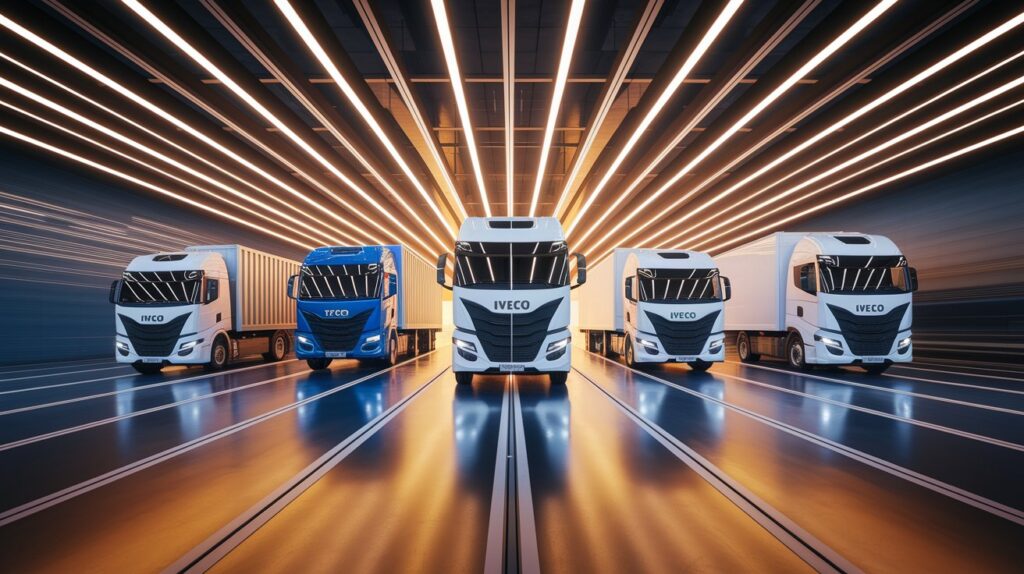
While the opportunity is massive, so are the challenges:
- Seamless integration of systems, teams, and cultures
- Upgrading after-sales and dealership service quality, especially in India
- Managing multiple regulatory regimes
- Aligning product development cycles across continents
But if anyone has the legacy, capital, and operational discipline to pull this off, it’s the Tata Group.
Final Takeaway
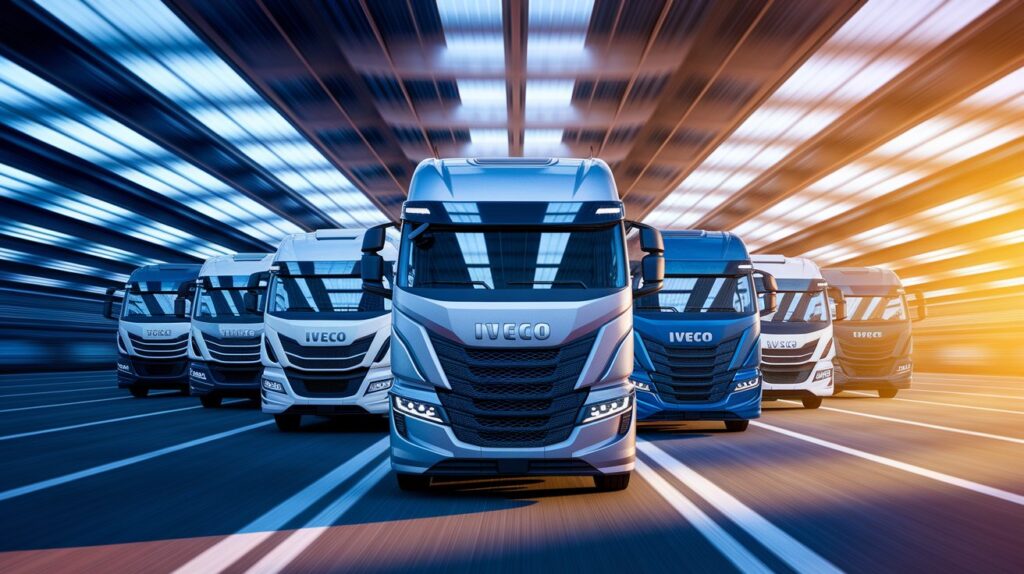
Tata Motors’ acquisition of IVECO isn’t just a business deal; it’s a strategic masterstroke. A global leap. A signal that Indian automotive ambition is no longer local.
This deal combines:
- Access + Scale
- Technology + Talent
- Compliance + Vision
And for India? It’s a chance to lead, not follow, in the global clean mobility revolution.
What Do You Think?

Do you see Tata Motors transforming India’s public transport with IVECO’s tech? Will this spark a new era of competition in India’s CV segment?
Let’s discuss in the comments.

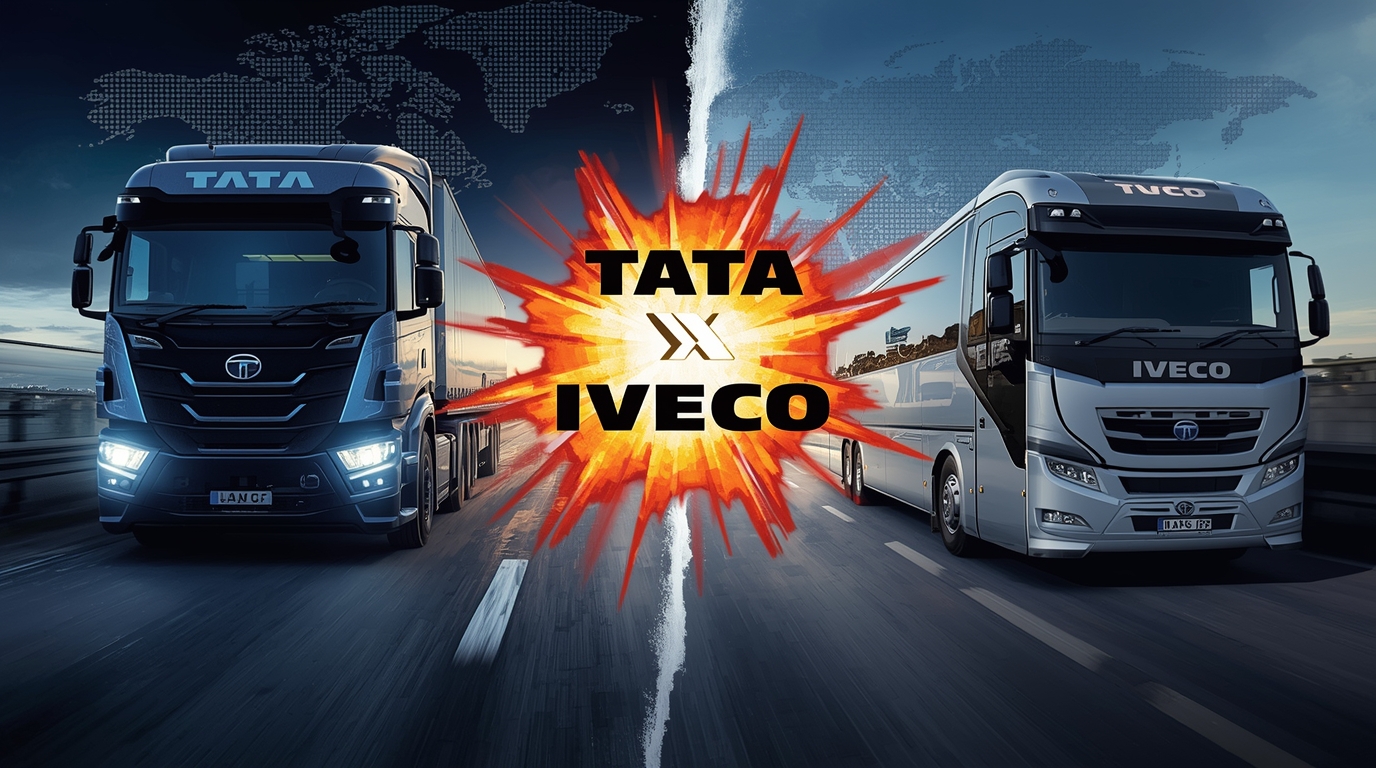


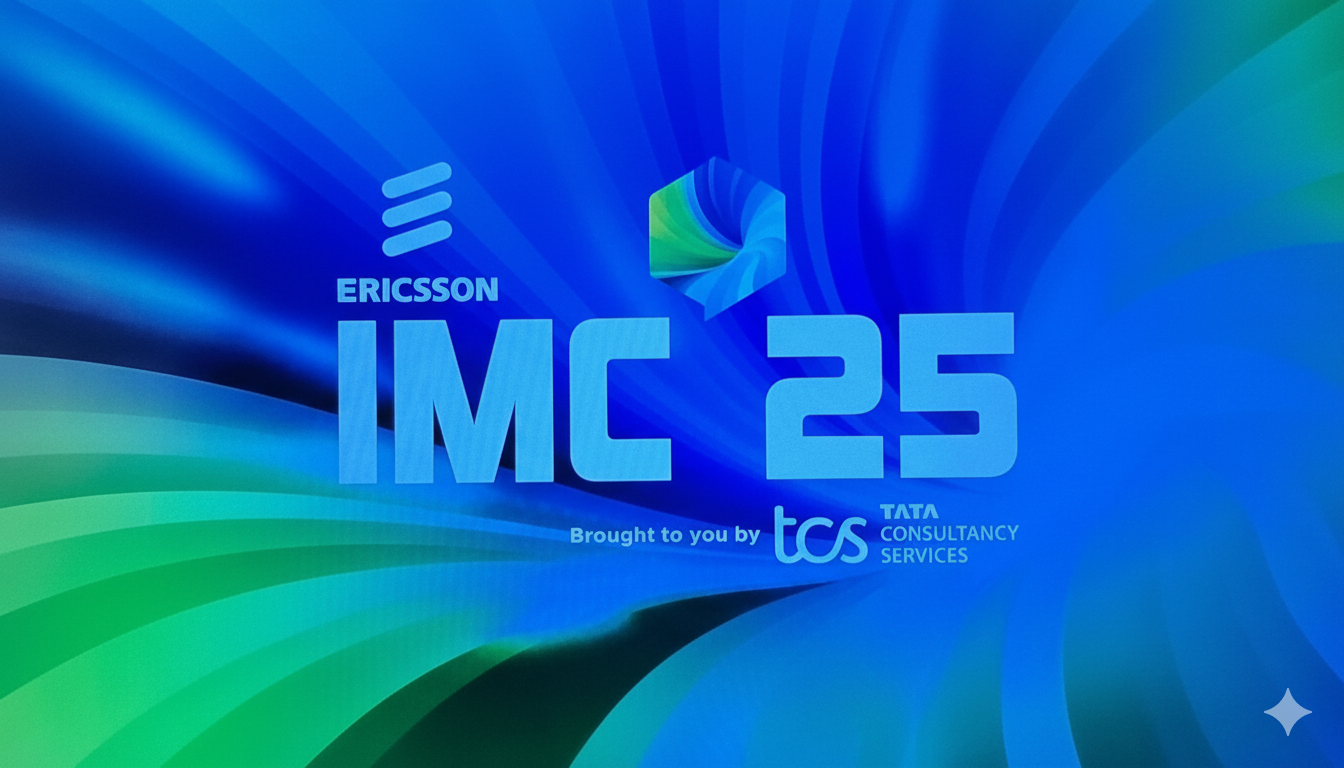





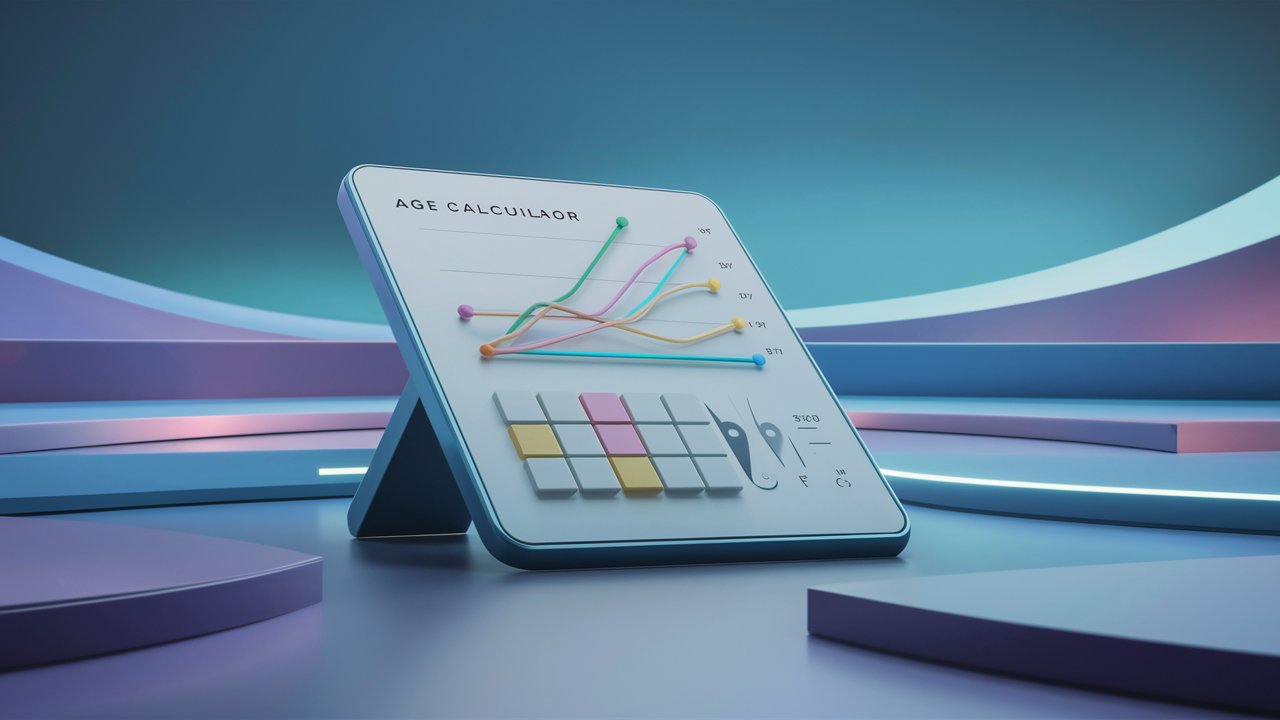

Leave a Reply